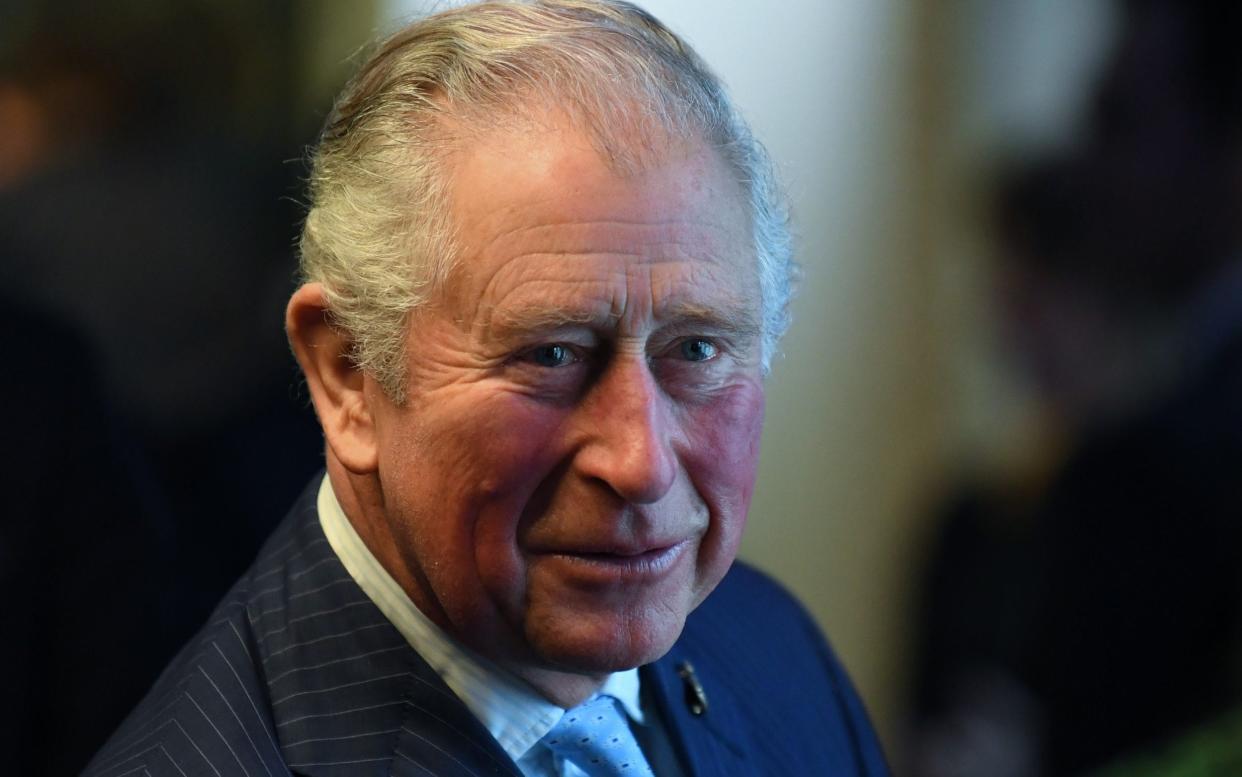A Royal Appointment, part two review: A fascinating look at Prince Charles' unfashionable but intriguing musical tastes

The role of DJ seems somewhat implausible for his Royal Highness the Prince of Wales. But last night he hosted his very own show on Classic FM, and he proved to be quite a dab-hand at it.
A Royal Appointment was a two-hour stroll through some of his favourite music and the second outing for the Prince on Classic FM in 24 hours. The previous evening he’d been gently quizzed by Alan Titchmarsh on his musical connections, which turned out to be even more extensive than many of us realised.
Who knew that he played both trumpet and cello when at school, or that he is a patron of the Mariinsky Theatre Trust in Moscow, as well as British Youth Opera, the Three Choirs Festival, three conservatoires, two opera houses, and more than a dozen other institutions?
Really it’s a wonder he has time to actually listen to any music, but as the first of his two programmes (reviewed here by Charlotte Runcie) showed he has a real deep love for certain areas of classical music, particularly German romanticism both early and late, and of course English music, especially his beloved Charles Hubert Parry, founder of the Royal College of Music of which the Prince is President.
In between the pieces he told stories of his own connections to music, and in the second programme, broadcast last night, he slipped in a few more. We learned that he was given piano lessons at Buckingham Palace by a lady called Miss Bore – “very inappropriately,” he commented mildly.
We learned that he listens to music while at his desk, and carries CDs with him while on the move. Ballet has always been a passion, more than opera, and two of the pieces had balletic connections: Chopin’s Variations on Mozart’s Lá ci darem la mano and Nimrod from Elgar’s Enigma Variations, both of which featured in ballets by Frederick Ashton. And just at the point when we thought all the music was going to be Germanic or English (there was not a note of French music all evening) he slipped in setting of The Creed by the Russian composer Gretchaninov, which was performed at his wedding to Camilla Parker-Bowles in 2005. “I love the way the harmonies move from divergence to unity," he said, and listening to the piece, one could hear exactly what he meant.
Little remarks like that showed the Prince really has a keen feeling for music, and he also has enormous respect for the musicians who make it. More than once he lamented the financial damage and insecurity that Covid-19 has brought to the musical world.
He also has a markedly individual taste. Apart from Elgar’s Nimrod, and the movements from the two piano concertos by Chopin which book-ended the programme, there were no mainstream masterpieces. All the pieces were off the beaten track, and surprisingly four of them were written by composers in their teens: the two Chopin concertos, plus two delightful juvenile concertos by Richard Strauss.
He also offered two delicious confections of piano virtuosity, one from Walter MacFarren (the Prince again beating the drum for little-known British composers) the other from the little-known German-born, Liverpool-domiciled composer Julius Benedict. “He once wrote a march for my great-great-grandfather,” said the Prince, reminding us that royal patronage was important for the musical life of this country right through the 19th century and beyond.
The most striking thing about the Prince’s choices was the way all of them evoked the past. Nearly all the music was in that gentle, beautifully ornamented, romantically lyrical style that stayed popular in England, especially in royal circles, long after it had been pushed aside by more up-to-date trends in Europe. MacFarren’s Piano Concerto was actually composed in 1881, but it could have been written almost half-a-century earlier. And when the music wasn’t charmingly lyrical and festooned in glittery virtuoso display, it was nostalgic—Elgar’s Nimrod above all.
This gave the whole programme a pleasing sense of unity, of a very unusual kind. Like his taste in architecture Prince Charles’s taste in music is defiantly unfashionable, but there are many listeners who will thank him for that.


